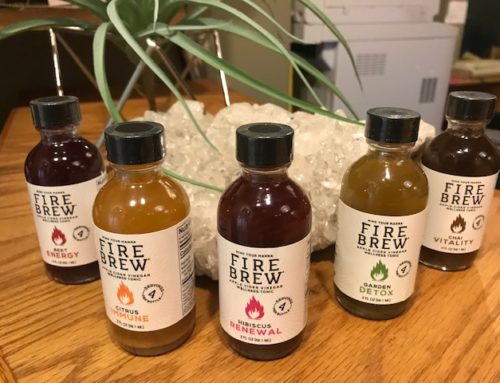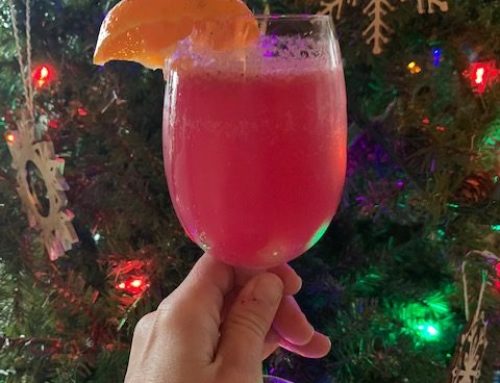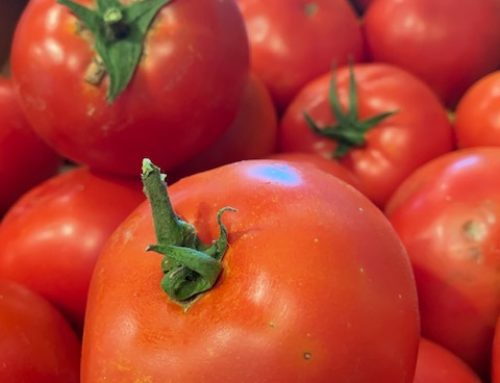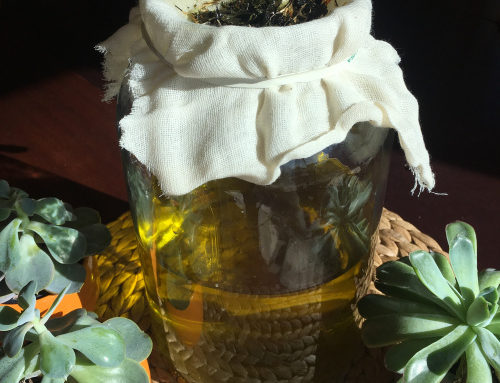While the title of this post might seem disgusting to some, it’s an exciting breakthrough in perception of our immune systems. This Friday I will be attending the Pacific Symposium for the second year. It is one of the largest acupuncture and Oriental Medicine conferences in the country. World class, veteran practitioners and speakers attend and share information.
One of the highlights from last year was a lecture by Jean Giblette, the founder of Local Herbs. (localherbs.org) She talked about ecological production techniques that are now being used to farm Chinese herbs in the States. What does this mean? In her words, it means the following:
- The ecosystem affects the medicinal properties of plants, a basic principle understood by ancient peoples of Asia and North America.
- A more bio-diverse system, with higher levels of organization, supports a more complex expression of the plant’s capacities.
- Biodiversity can be enhanced by the farmer; small scale cropping systems are better suited to this goal.
- No (or very few) amendments are added. Fertility is maintained and enhanced through specific practices that recycle nutrients.
- Wild-simulated medicinal plant cultivation involves a close approximation of natural conditions with minimal interference by the farmer.
- Wild-harvesting on private rather than public lands is preferred.
- Cooperative and local values support farmers, maintain the land, and build economies.
- Sustainability, in localities all over the world, includes preservation of farmers’ knowledge.
In my words, she also talked in detail about the importance of bacteria for the health of a plant. Rather than using pesticides and herbicides to reduce the incidences of disease, adding in beneficial organisms to strengthen the plants immune system. We use to think of the five kingdoms plant, animal, monera, fungi and protista as fingers on the same hand. All are about the same size. We now know that a better model is that of a tree, where plants and animals are one small root and the vast majority of the rest of the tree is bacteria! We are literally swimming in them.
Beyond being exciting for the future of Chinese herb production in this country, I was excited about the parallels than I saw for human immune function. There is a concept in Chinese medicine of the Wei Qi. The Wei Qi is the bodies defensive qi (energy), which protects you from outside “evils” like colds and flu. We are starting to understand the importance of good bacteria such as acidophilusand bifidophilus on our gut and immune function. We add these into our diet as supplements as well as eating more fermented unpasteurized foods, and drinking Kombucha. (yum)
We also understand the role that “germs” plan on our skin as far as getting us sick. We wash our hands with hot water and use antibacterial soap to kill the bad guys. Wait….isn’t that what the farmers are advocating against, adding in chemicals to kill the bad stuff? Won’t antibacterial soap kill good bacteria too? Interesting questions. Here’s an excerpt from an article “Is antibacterial soap any better than regular soap?” that offers some answers.
- The antibacterial components of soaps (usually triclosan or, less commonly, triclocarbon) need to be left on a surface for about two minutes in order to work. Most people are not this patient, and end up washing off the soap before the antibacterial ingredients can do their job.
- Some scientists theorize that bacteria may develop a resistance to bactericidal agents over time.
- Some bacteria actually benefit us. The normal population of bacteria on our bodies not only eats our sweat, but also helps defend us against truly harmful, invasive bacteria.
- Many common diseases are viral in nature, anyway, and are therefore not prevented by antibacterial products. http://www.howstuffworks.com/question692.htm
So by killing all the bacteria on you skin (or just partially wounding them) you could potentially weaken you immune system. I think I’ll stick to regular soap and hot water.





Leave A Comment
You must be logged in to post a comment.